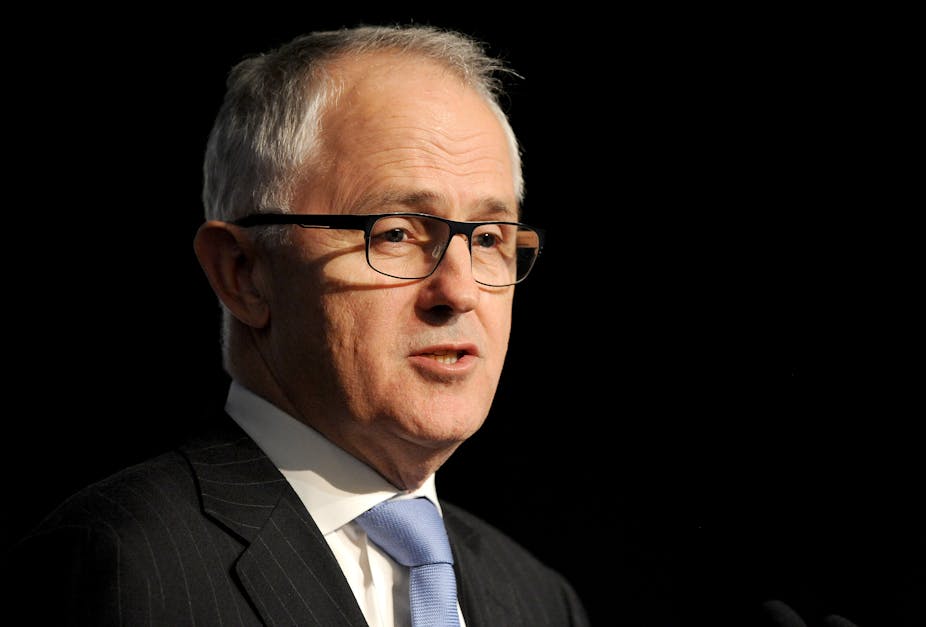Communications Minister Malcolm Turnbull has criticised the Australian media’s lack of interest in how other countries tackle the big policy challenges that are faced here.
“The Australian media rarely reports how different countries have approached what are usually shared and very familiar issues that are topical in our own country, even if the issue is dominating the news,” he said.
“And the little such reporting there was in the past has almost disappeared in the digital age,” Turnbull told the Lowy Institute media awards tonight.
He gave as examples New Zealand’s economic policy successes, which had received “only the most cursory coverage in Australia”, trends abroad in the car industry and broadband experience in other countries. “We should, intellectually, get out more.”
Turnbull said media companies on digital platforms tended to chase two things to get clicks – immediate breaking news on the one hand, and opinion and commentary, the more intemperate the better, on the other, “to reap social media shares, likes and retweets”.
“As I have said before, it often feels like the ‘news cycle’ has been replaced by the ‘outrage cycle’,” he said.
But there was a genre of news story lying in the middle of these extremes – stories needing a few days to put together, the skilful working of contacts and deep subject knowledge.
The new media world had been described as “the dumbbell model” of journalism – the weight had shifted to the two ends, with little in the middle.
Turnbull said that while there might be a focus on less weighty issues, consumers (according to British data) nominated foreign affairs as the most important reason for following the news.
But the number of foreign correspondents was on the decline. The number working for United States papers had dropped by nearly a quarter between 2003 and 2011. In Australia definitive numbers were hard to quantify.
In recent years The Australian had closed bureaux in Washington, New York, Los Angeles, London, Bangkok and New Zealand. But it still had correspondents in Jakarta, Beijing, Tokyo, Southeast Asia, Jerusalem and a very extensive network of correspondents to draw on from the wider News Corp group.
Fairfax had correspondents in Washington, London, Beijing, Delhi, the Middle East and Southeast Asia; it had pulled out of Wellington, Tokyo and New York.
The Australian Financial Review no longer had anyone in Tokyo, despite Japan being Australia’s second-largest trading partner.
“The ABC is the standout in this area. It has bureaus in Washington, London, New Zealand, Jakarta, Beijing, Bangkok, Jerusalem, New Delhi, Tokyo and stringers in many other locations,” he said.
“Only the ABC now has a substantial international presence with 20 Australian and 35 locally engaged staff overseas, a good example of what a public broadcaster should do in my view.”

